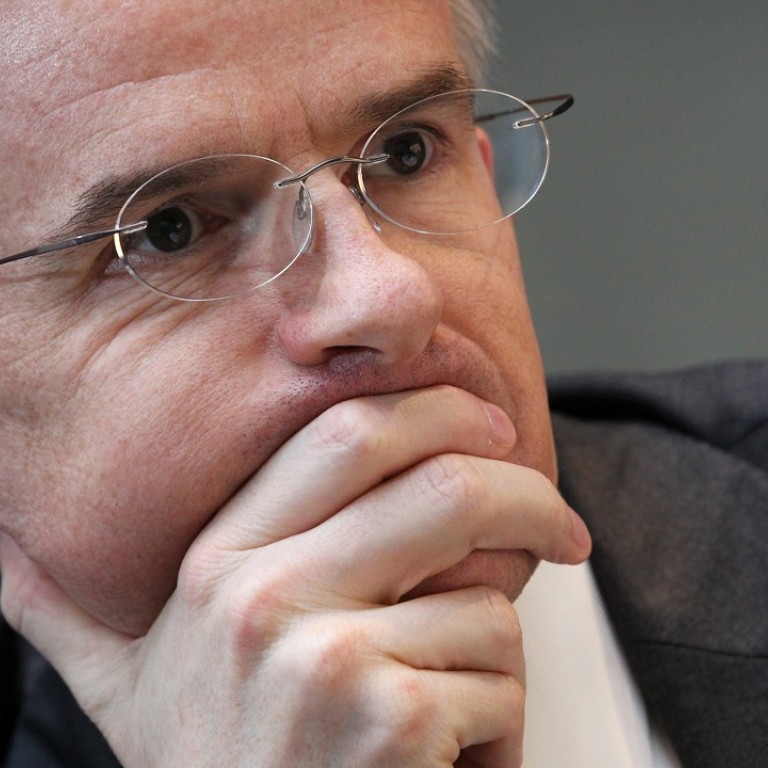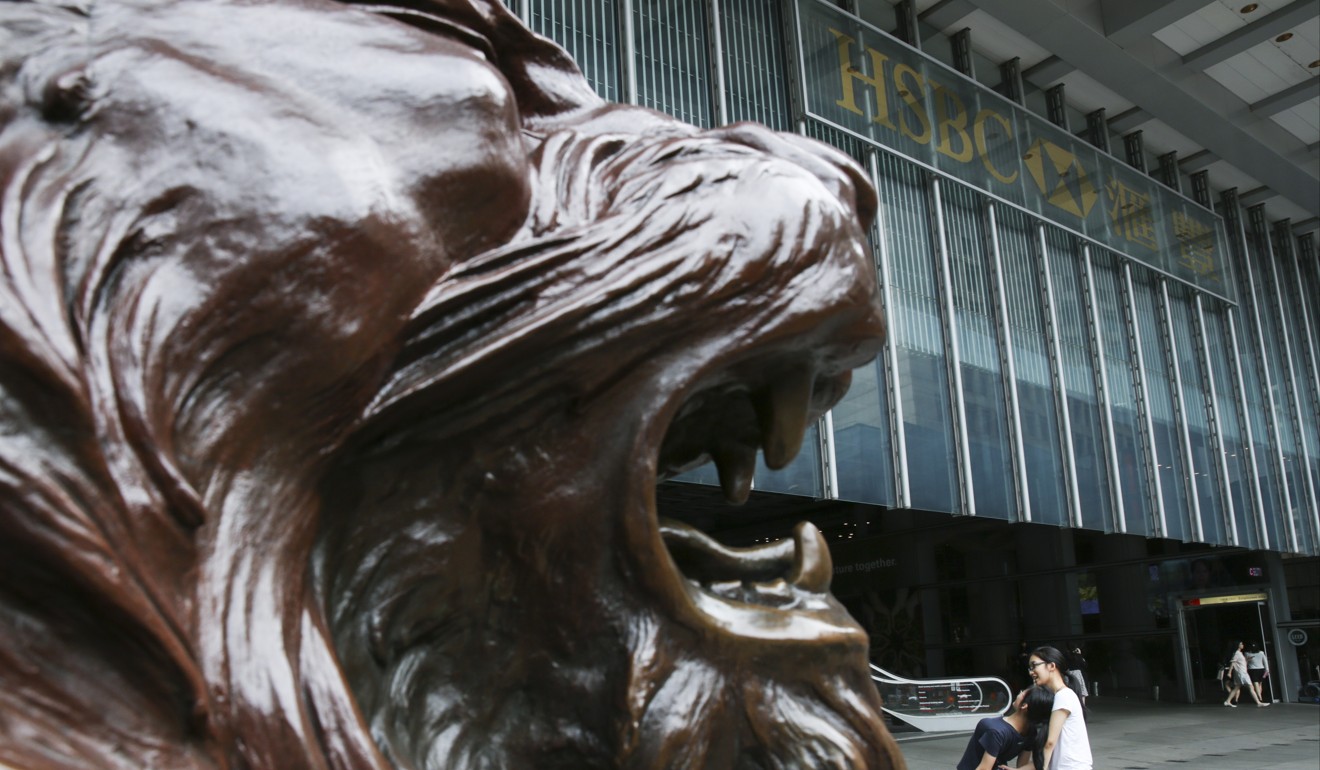
Insider John Flint to be HSBC’s new chief executive as bank looks to build on recent growth
Bank’s chairman indicates the appointment, in keeping with a tradition of promoting from within, is aimed at continuing the strategy of the previous management
HSBC has appointed its retail banking and wealth management division chief John Flint as new group chief executive in a widely expected move, continuing the tradition of promoting from within for the top job.
Flint, who has been with the bank since 1989, succeeds Stuart Gulliver and will take over the role on February 21, when Gulliver retires.
Flint will form a partnership at the top of HSBC with new chairman Mark Tucker, who assumed his role on October 1. Tucker, who joined from insurer AIA, was the first outsider to be hired as chairman or chief executive at HSBC.
Tucker said that HSBC had considered both internal and external candidates for the role. He indicated that the choice of Flint was due to a desire to continue the broad thrust of the policies pursued by the previous management team.

“We plan to build on and accelerate HSBC’s current strategy,” said Tucker on a media conference call.
Gulliver, who became CEO in 2011, has had a challenging few years, with global regulators tightening their scrutiny of banks in the wake of the 2008 financial crisis. HSBC has shrunk its footprint and cut 25,000 jobs. It operates in 67 countries and territories, down from 87 in 2011.
Under Gulliver’s tenure HSBC has also been dogged by compliance failings, and has paid out vast sums in fines and settlements, the most recent of which was a fine of US$175 million by the US Federal Reserve for unsound practices in its foreign exchange trading business.
The largest was a US$1.9 billion fine in 2012 from the US Justice Department for failures in its anti-money-laundering procedures. The bank has been subject to monitoring by the Justice Department in the wake of the fine, and Gulliver’s bonus for 2016 was reduced after the department criticised HSBC’s slow pace in adopting new policies.
In 2015, Gulliver announced HSBC’s “pivot to Asia, an important component of which is its plan to expand its operations in the Pearl River Delta, the region of southern China across the border from Hong Kong.
“HSBC is a bank on the front foot and is probably ahead of other European-listed banks,” said Neil Smith, a banking analyst at Bankhaus Lampe.
“With its position in Asia it is well placed for long-term growth.”
Flint spent his first 14 years with HSBC in Asia, including a spell working in one of its Tsim Sha Tsui branches in Hong Kong’s Kowloon district, as well as helping establish HSBC’s global markets business in Asia. He moved to London in 2004 and has been HSBC group treasurer, chief executive of HSBC’s global asset management business, and chief of staff to the group chief executive.
Flint will receive a base salary of £1.2 million (US$1.58 million) a year, a fixed pay allowance of £1.7 million and a pension allowance of £360,000. His contract also includes discretionary incentive awards.

